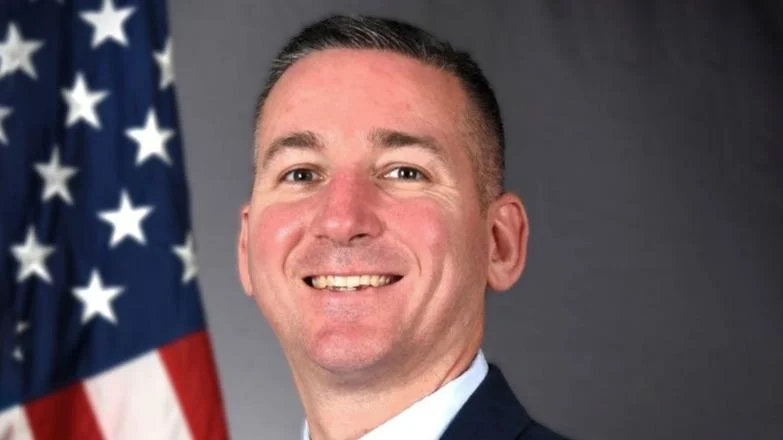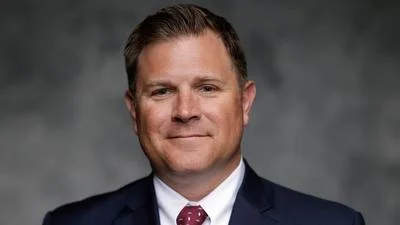Ben Franklin, Wisconsin State Representative for 88th District | www.facebook.com
Ben Franklin, Wisconsin State Representative for 88th District | www.facebook.com
According to the Wisconsin State Legislature's official website, the bill was described as follows: "988 Suicide and Crisis Lifeline grants. (FE)".
The following is our breakdown, based on the actual bill text, and may include interpretation to clarify its provisions.
In essence, this bill mandates the Department of Health Services to distribute grants to organizations that deliver crisis intervention services and coordination of crisis care for individuals reaching out to the national 988 Suicide and Crisis Lifeline from any location within the state. The bill defines the national crisis hotline as the 988 telephone or text number maintained under the federally administered program. This initiative aims to ensure more comprehensive support for individuals in crisis by enhancing the resources available to respond effectively to crisis calls statewide.
The bill was co-authored by Senator Jesse L. James (Republican-23rd District), Representative Elijah R. Behnke (Republican-6th District), Representative Lindee Rae Brill (Republican-27th District), Representative Barbara Dittrich (Republican-99th District), and Representative Joy L. Goeben (Republican-5th District). It was co-sponsored by Senator Van H. Wanggaard (Republican-21st District), along with six other co-sponsors.
Benjamin Franklin has co-authored or authored another 51 bills since the beginning of the 2025 session, with none of them being enacted.
Franklin graduated from Trident University International in 2020 with a BA.
Franklin, a Republican, was elected to the Wisconsin State Assembly in 2025 to represent the state's 88th Assembly district, replacing previous state representative John Macco.
In Wisconsin, the legislative process starts when a senator, constituent, group, or agency proposes an idea for a bill. After drafting, the bill is introduced, numbered, and referred to a committee for review and public input. If approved, it moves through three readings and votes in both the Senate and Assembly. Once both chambers pass the same version, the bill goes to the governor, who can sign it, veto it, or let it become law without a signature. Only a small share of bills introduced each session ultimately become law. You can learn more about the Wisconsin legislative process here.
| Bill Number | Date Introduced | Short Description |
|---|---|---|
| AB303 | 06/06/2025 | 988 Suicide and Crisis Lifeline grants. (FE) |
| AB297 | 05/30/2025 | Performance grants based on improving employment rates for individuals on probation, parole, or extended supervision. (FE) |
| AB271 | 05/19/2025 | Camera monitor systems as an alternative to mirrors for commercial motor vehicles |
| AB266 | 05/19/2025 | The fee for filing limited liability company articles of organization with the Department of Financial Institutions. (FE) |
| AB184 | 04/15/2025 | Coverage of individuals with preexisting conditions and benefit limits under health plans |
| AB176 | 04/15/2025 | Financial eligibility for the Alzheimer’s family and caregiver support program. (FE) |
| AB82 | 02/28/2025 | Exempting certain conveyances between grandparents and grandchildren from the real estate transfer fee. (FE) |
| AB74 | 02/28/2025 | Parental notification of alleged sexual misconduct by a school staff member. (FE) |
| AB17 | 02/06/2025 | Creating an employee ownership conversion costs tax credit, a deduction for capital gains from the transfer of a business to employee ownership, and an employee ownership education and outreach program. (FE) |
| AB6 | 02/04/2025 | Requiring a school board to spend at least 70 percent of its operating expenditures on direct classroom expenditures and annual pay increases for school administrators. (FE) |






 Alerts Sign-up
Alerts Sign-up